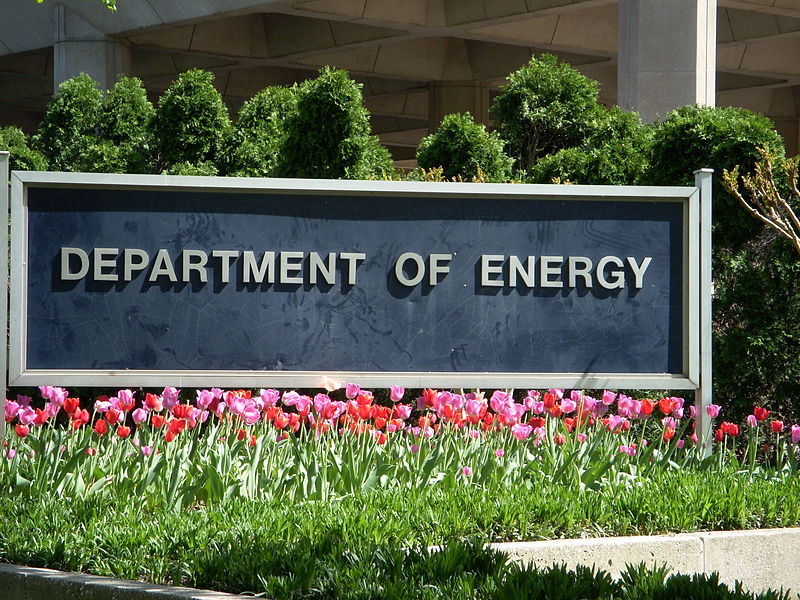
Former U.S. State Department and nuclear regulatory officials urged the U.S. Energy Department on Tuesday to reconsider its plan to utilize bomb-grade uranium in a
nuclear power experiment, citing concerns that such a move could set a dangerous precedent for other countries.
The Energy Department, along with two companies, intends to collaborate on the Molten Chloride Reactor Experiment (MCRE) at the Idaho National Laboratory, which would involve the use of over 1,322 pounds (600 kg) of fuel containing 93% enriched uranium.
Backed by Bill Gates' TerraPower LLC, the utility Southern Co, and the Energy Department, the six-month experiment aims to explore advancements in reactors that could contribute to mitigating pollution associated with climate change.
However, a group of former Nuclear Regulatory Commission members, including former Chairman Allison Macfarlane, as well as U.S. assistant secretaries of state responsible for nonproliferation, expressed concerns that the MCRE project could provide other nations with a pretext to pursue uranium enrichment for military purposes in their pursuit of new reactors.
"The damage to national security could exceed any potential benefit from this highly speculative energy technology," the experts stated in a letter addressed to Energy Department officials. They also raised fears that an increase in such experiments would heighten the risk of militants acquiring bomb-grade uranium for nuclear weapon development.
"It is shocking that the Energy Department, without even notifying the public, would undermine a decades-old, bipartisan U.S. policy to prevent the spread of nuclear weapons," said Alan Kuperman, a professor at the LBJ School of Public Affairs at the University of Texas, who coordinated the letter.
The letter emphasized that the MCRE design could be modified to operate on low-enriched uranium, albeit with some delays and increased costs. However, it also highlighted potential savings in terms of security expenses.
In response, the Energy Department justified the need for highly enriched uranium (HEU) to maintain a compact experimental reactor size. According to the department, if uranium with purity up to 20% were used, the reactor core would need to be significantly larger in terms of height, width, and fuel salt volume. The department assured that once the experiment concludes, the reactor would be deactivated and removed.
A spokesperson for TerraPower stated that the MCRE would be conducted at a secure facility already handling bomb-grade uranium. Additionally, the company clarified that the Molten Chloride Fast Reactor being developed at its Washington state lab would employ fuel with significantly lower enrichment of up to 20%, thereby reducing proliferation risks.
Southern declined to provide comments on the matter. Photo by JSquish, Wikimedia commons.






































